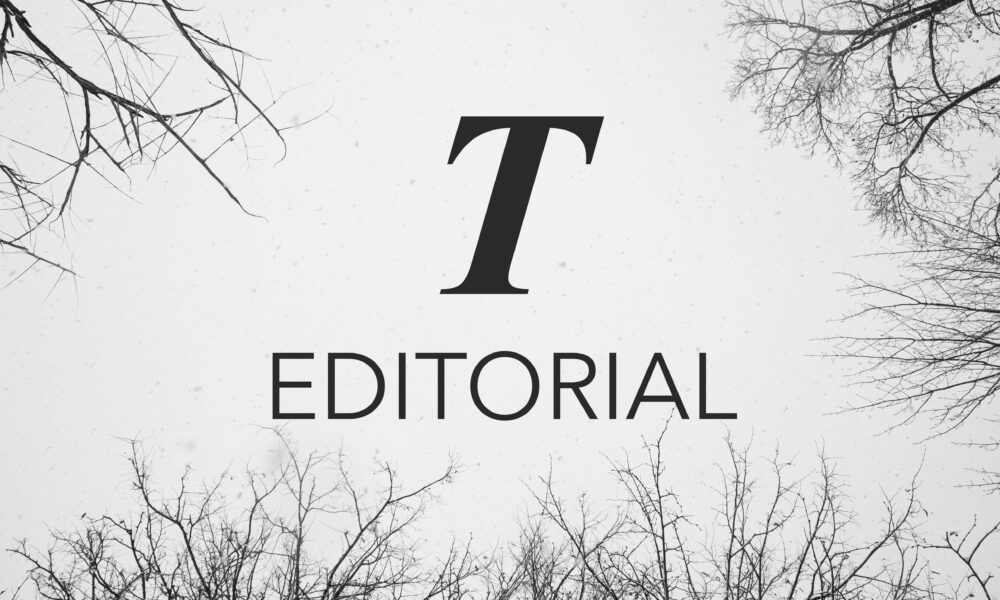Since the recent escalation of violence in Gaza and the West Bank, artists worldwide are raising their voices in solidarity with Palestine, advocating for a ceasefire amidst dire violations of human rights and mass destruction of Palestinian land. In parallel, a disturbing pattern of censorship and backlash, particularly targeting Palestinian artists, jeopardizes their careers and silences their critical voices. For the Palestinian liberation struggle, art not only expresses beauty and community but also powerfully and politically documents and preserves history. The narratives woven through the strokes of a brush, the verses of poetry, or the frames of a film document the lived experiences of a community grappling with constant mass atrocity. We cannot let them be silenced.
Within various industries,Palestinian and pro-Palestine artists have been stripped of opportunities to showcase their work. Wanda Nanibush, an Indigenous art curator, left her position at the Art Gallery of Ontario following criticisms of her since-deleted social media posts in support of Palestine.Citing “heightened sensitivities related to the Israel-Hamas conflict,” Toronto’s Royal Ontario Museum (ROM) proposed changes to a Palestinian-Muslim display created by four Palestinian women. The display, part of a travelling art exhibit, depicted Palestinian burial rites. Refusing the alterations, two of the artists, Sameerah Hosam Ahmad and Malak Kanan, engaged in an 18-hour sit-in at the ROM, forcing the museum to walk back its decision and allow the exhibit without any changes. Stepping outside of Canada, Palestinian author Adania Shibli was set to receive a prestigious literary award at the Frankfurt Book Fair for her novel Minor Detail on Oct. 20. LitProm, the German literary association that organizes the prize, publicized that the award ceremony was cancelled “due to the war in Israel.”
The violent arrests of protesters targeting Indigo, Canada’s largest book retailer, further illustrate this literary censorship. Concerns have been raised regarding Indigo CEO Heather Reisman’s involvement with the Heseg Foundation for Lone Soldiers––an organization that she co-founded to provide scholarships and funding for non-Israeli Jews volunteering to serve in the Israeli Defense Force (IDF). Protesters also interrupted the Scotiabank Giller Prize ceremony, criticizing Scotiabank’s role as the third-biggest shareholder in Elbit Systems––an arms company that supplies weapons to Israel. Police arrested three protesters following the event, prompting more than 1,800 writers and publishers, including Sarah Bernstein––the winner of the Giller prize––to sign a letter calling for the charges to be dropped. With Scotiabank and Indigo having great power in the Canadian literary industry, their ties to the IDF severely threaten authors’ freedom of expression and Canada’s vibrant literary plurality.
In spite of industry resistance, the artistic community’s responses to these incidents indicate mass collective support. Letters of solidarity for targeted pro-Palestine artists and protesters underscore the crucial need to resist censorship, uphold freedom of expression, and support artists conveying authentic narratives amid genocide.
The Orientalist gaze reduces the identities of Palestinian and Arab people to stereotypes, echoing patterns seen in the suppression of Palestinian artists. DenyingPalestinians self-representation allows mainstream media to construct dehumanizing narratives devoid of emotion. Palestinian art is a vital form of resistance, offering a crucial avenue for autonomy and self-representation in the face of mass cultural erasure and counteracting sensationalized narratives.
Despite advocating for academic freedom, McGill not only falls short in standing against censorship, but also actively enables it. The suppression of anti-colonial thinkers and the lack of support for Palestinian human rights advocates means that institutions should reevaluate their stance on freedom of expression when it comes to Palestine. In acknowledging the limitations of mainstream discourse, universities must use their resources to ensure a diverse and nuanced understanding of cultural and political conflicts.
Students, staff, and faculty must support Palestinian artists by recognizing the importance of the Palestinian-led Boycott, Divest, and Sanction movement and engaging with Palestinian art on and off campus. The suppression of Palestinian art aims to control and manipulate the historical narrative. By stifling the voices of those who live under the realities of Israeli occupation, censorship seeks to rewrite the history of a people. We must challenge censorship, promote critical engagement, and recognize art’s power to shape narratives and foster empathy. McGill students must make the walls of our university echo with the vibrant hues of artistic resistance, ensuring that no voice is lost to the shadows of erasure.








